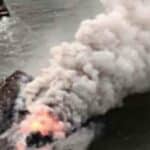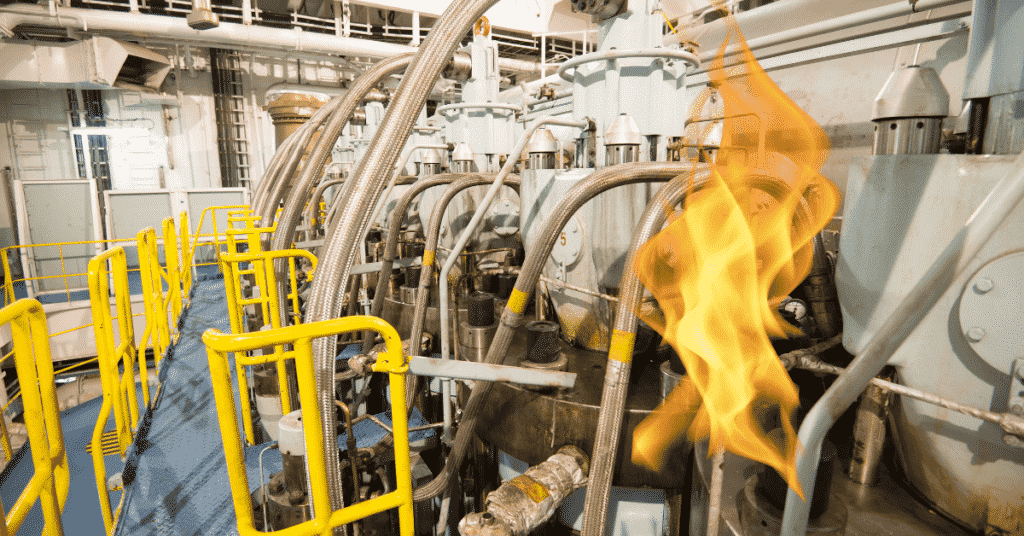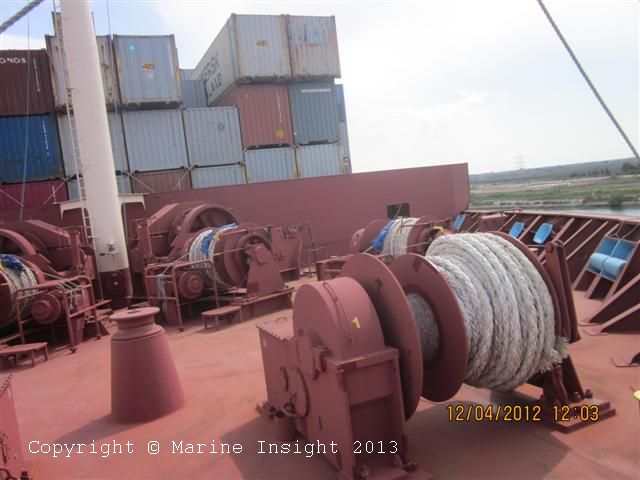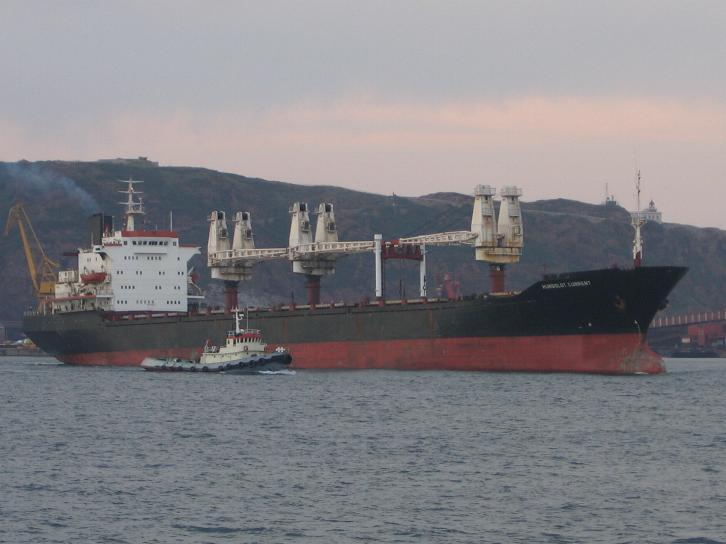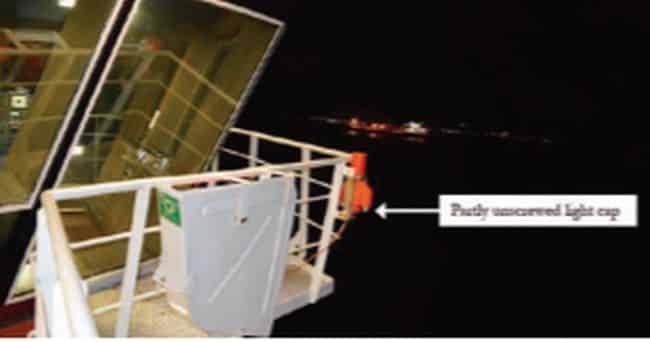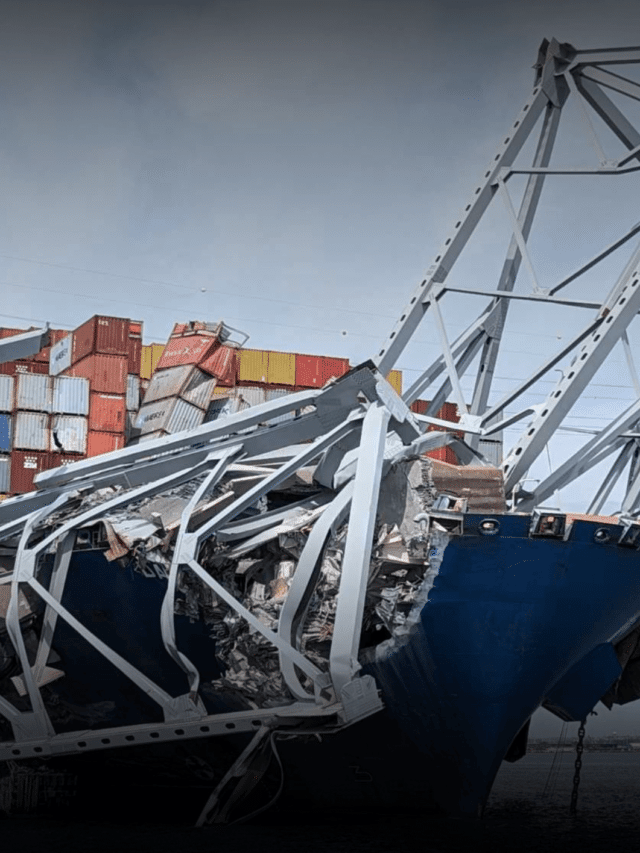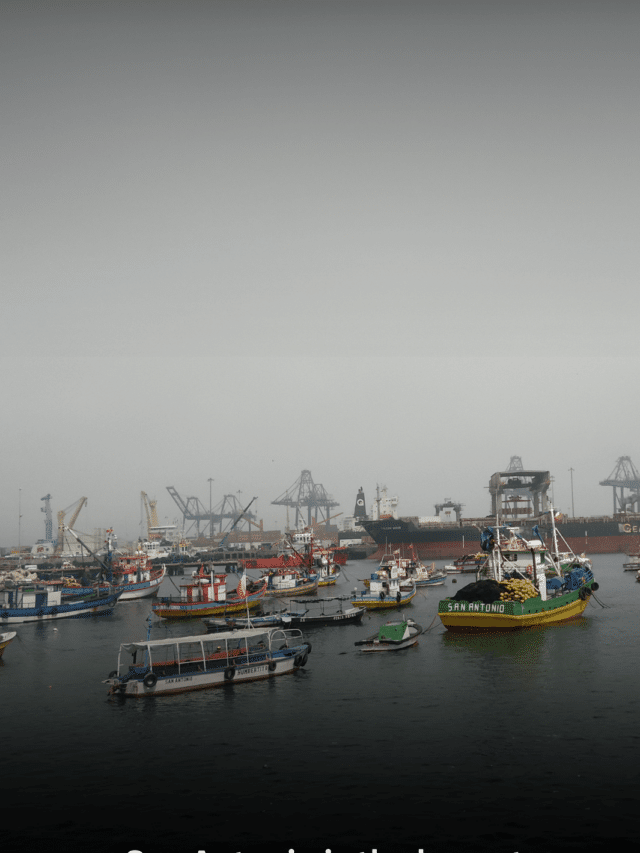Real Life Incident: Fire Feeds On Unnecessary Materials Stored In Engine Room
A tug was towing a loaded barge in coastal waters when a fire alarm for the upper engine room activated on the wheelhouse fire panel. The OOW tried to reset the alarm and to establish whether it had activated falsely; however, the alarm continued to sound. Moments later, a crew member alerted the wheelhouse that he had seen smoke.

The Master and the rest of the crew quickly arrived in the wheelhouse with lifejackets and immersion suits in hand. The Master instructed an officer to take a radio and investigate the fire. The officer reported that space was inaccessible and said to start the fire pump due to the severity of the smoke. The fire quickly spread to the dining room, galley and several cabins located on the main deck. The Master attempted to slow the vessel and manoeuvre in such a way as to prevent the barge from over-running the tug, and to prevent the fire and smoke emanating from the upper engine room from being carried aft. However, the vessel quickly lost all power. Thereafter, the crew ceased attempting to fight the fire due to its intensity and rapid growth.
The Master informed the coast guard of the situation and the crew made preparations for abandonment. With the vessel now dead in the water, the Master was concerned about the fire and smoke engulfing the entire vessel and crew. They inflated and boarded the liferaft and then manoeuvred away from the tug to escape the extreme heat and explosions now occurring aboard the vessel.
The crew were picked up by a nearby private sport fishing vessel and taken to the closest port. When the fire burned itself out the following morning, the hulk was towed back to port. Due to the extent of the fire damage, the vessel was later declared a constructive total loss.
Findings of the official report
The probable cause of the fire was an ignition originating near an electrical fuse box in the upper engine room. Contributing to the intensity of the fire was the presence of combustible materials in the upper engine room, which included a drum of waste oil.
Lessons learned
- Engine room areas should be kept clean and free of unnecessary objects and stores, as these can act as fuel for any potential fire.
Reference: nautinst.org
Do you have info to share with us ? Suggest a correction
About Author
Marine Insight News Network is a premier source for up-to-date, comprehensive, and insightful coverage of the maritime industry. Dedicated to offering the latest news, trends, and analyses in shipping, marine technology, regulations, and global maritime affairs, Marine Insight News Network prides itself on delivering accurate, engaging, and relevant information.

About Author
Marine Insight News Network is a premier source for up-to-date, comprehensive, and insightful coverage of the maritime industry. Dedicated to offering the latest news, trends, and analyses in shipping, marine technology, regulations, and global maritime affairs, Marine Insight News Network prides itself on delivering accurate, engaging, and relevant information.
- Real Life Incident: Vessel Collision in Good Visibility
- Real Life Incident: Severe Injury To Deck Crew While Leaving Berth
- Real Life Incident: Departure Damage in Very Restricted Waterway
- Real Life Incident: Low Situational Awareness Has High Impact Consequence
- Real Life Incident: Fouled Anchor in a Designated Anchorage
- Real Life Incident: Fire On Barge Carrying Scrap Metal Causes $7 Million Worth Of Damage
Latest Case studies Articles You Would Like:
Subscribe To Our Newsletters
By subscribing, you agree to our Privacy Policy and may receive occasional deal communications; you can unsubscribe anytime.
Web Stories









